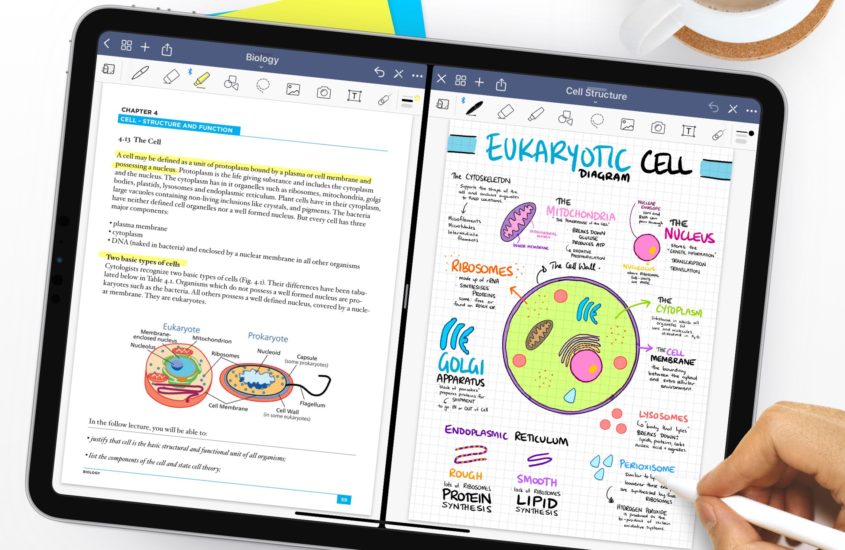
The Academic Productivity Challenge
Time Management Struggles in Academia
As an academic, you're likely familiar with the overwhelming workload and multiple responsibilities. Balancing research, teaching, and administrative tasks can feel like juggling flaming torches while riding a unicycle. The pressure to publish, prepare lectures, grade papers, and attend meetings can leave you feeling stretched thin and constantly racing against the clock.
The constant context-switching between different roles – researcher, educator, mentor, and administrator – can leave you mentally drained and struggling to make meaningful progress on any single task.
Information Overload in Research

The exponential growth of academic publications adds another layer of complexity to your work. The sheer volume of research being produced across disciplines is staggering, with thousands of new papers published daily. This information explosion can leave you feeling like you're trying to drink from a fire hose.
Staying up-to-date with the latest developments in your area of expertise has become a Herculean task. Without effective strategies and tools, you risk spending more time managing information than actually advancing your research agenda.
Leveraging Technology for Academic Efficiency
AI-Powered Research Assistants
AI-powered research assistants are revolutionizing the way academics approach literature review and analysis. These tools can quickly scan vast databases of academic literature, identify relevant papers, and even summarize key findings.
ResearchFlow's AI enhances literature comprehension by converting complex academic papers into interactive knowledge maps. This allows you to:
Grasp key ideas and relationships at a glance
Quickly assess the relevance of a paper to your work
Make connections that might have taken weeks to uncover manually
Digital Organization and Note-Taking

Digital note-taking systems have transformed the way academics organize and access information. Benefits include searchability, cloud storage for access across devices, and the ability to easily link related concepts. ResearchFlow's knowledge mapping feature takes digital organization to the next level, allowing you to visually represent complex ideas and their relationships on a digital canvas.
Streamlining Literature Review Process
Effective Reading Strategies
Mastering effective reading strategies is crucial for improving your academic productivity. Some techniques include speed reading to increase the number of papers processed, using the SQ3R method (Survey, Question, Read, Recite, Review), and utilizing ResearchFlow's one-click PDF upload for instant knowledge maps.
Synthesizing Information Across Sources
ResearchFlow's multi-document comparison feature addresses the challenge of synthesizing information from multiple papers. It allows you to visually compare knowledge maps from different papers side by side, making it easier to spot similarities, differences, and potential connections between various studies.
Enhancing Focus and Concentration
Creating an Optimal Work Environment
Creating an optimal work environment is crucial for maximizing your academic productivity. Key factors include:
Choosing a dedicated work area
Ensuring good lighting and ergonomics
Maintaining comfortable temperature and noise levels
Minimizing distractions from devices and notifications
Time-blocking and Pomodoro Technique
Time-blocking involves dividing your day into blocks of time, each dedicated to specific tasks. The Pomodoro Technique complements this by breaking work into focused 25-minute intervals followed by short breaks.
Technique | Description | Benefits |
|---|---|---|
Time-blocking | Assign specific times to tasks | Combats procrastination, ensures progress across all areas |
Efficient Team Communication
Effective team communication is essential for successful collaborative research. Tools like video conferencing platforms, project management software, and messaging apps can facilitate this. ResearchFlow's shared workspace feature allows team members to collaboratively build and explore knowledge maps, fostering a shared understanding of complex research topics.
Building a personal knowledge repository
A well-organized knowledge repository serves as your academic memory bank. ResearchFlow's AI-assisted mind mapping enhances your personal knowledge repository by:
Creating visual, interconnected maps of your knowledge
Suggesting relevant connections between different areas of research
Allowing easy updates and reorganization of existing knowledge
Facilitating cross-project linking for interdisciplinary thinking
By leveraging these strategies and tools, particularly the advanced features of ResearchFlow, you can significantly enhance your academic productivity, saving hours each week and advancing your research with greater efficiency and insight.
Conclusion
Improving academic productivity is an ongoing process that requires a combination of effective strategies, tools, and mindset shifts. By implementing the techniques discussed in this article, you can overcome common challenges faced by academics and streamline your research process. Remember that small, consistent improvements in your workflow can lead to significant time savings and increased output over time.
As you experiment with these productivity-enhancing methods, pay attention to what works best for your unique needs and preferences. Regularly reassess and adjust your approach to ensure you're maximizing your efficiency without sacrificing the quality of your work. With persistence and the right tools at your disposal, you can transform your academic productivity and achieve your research goals more effectively than ever before.
